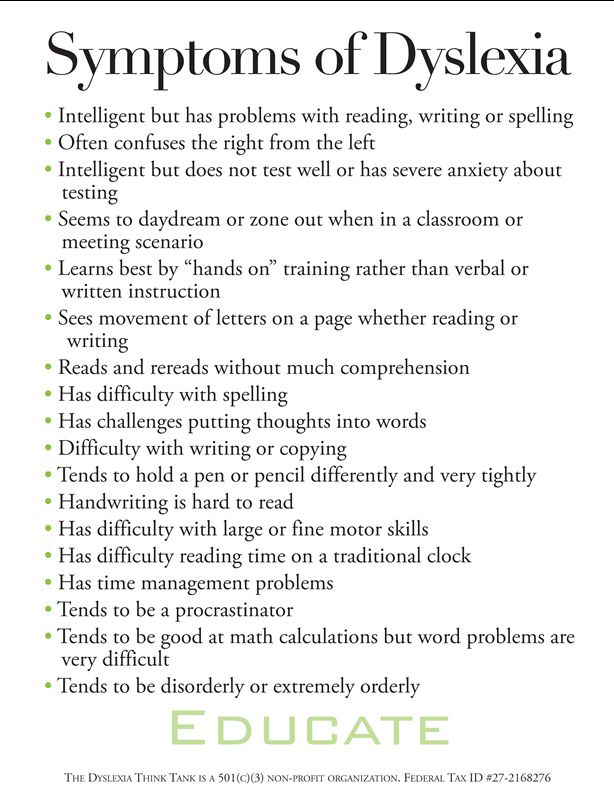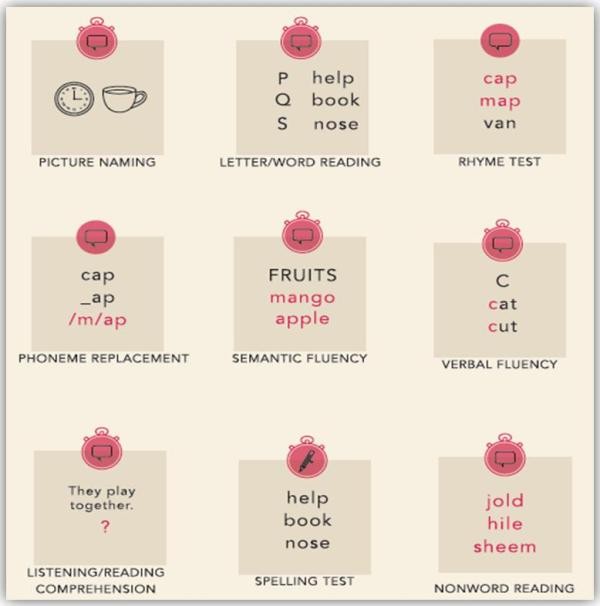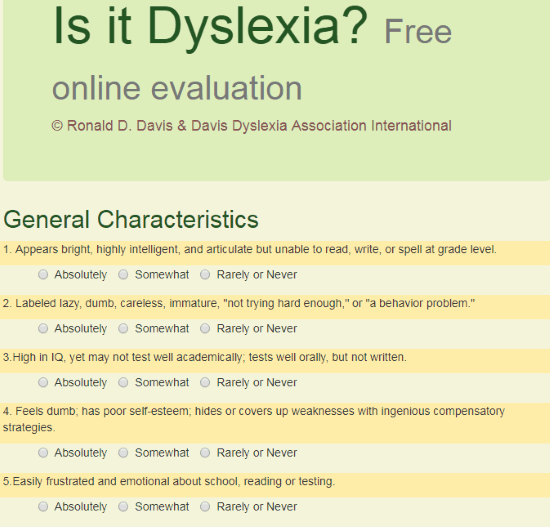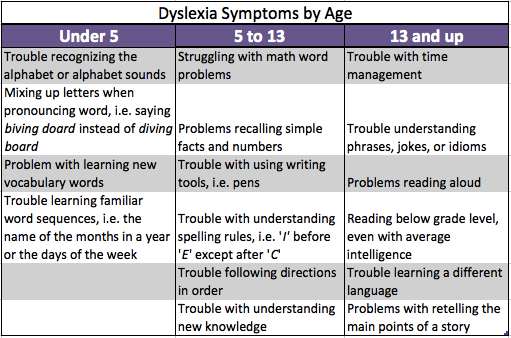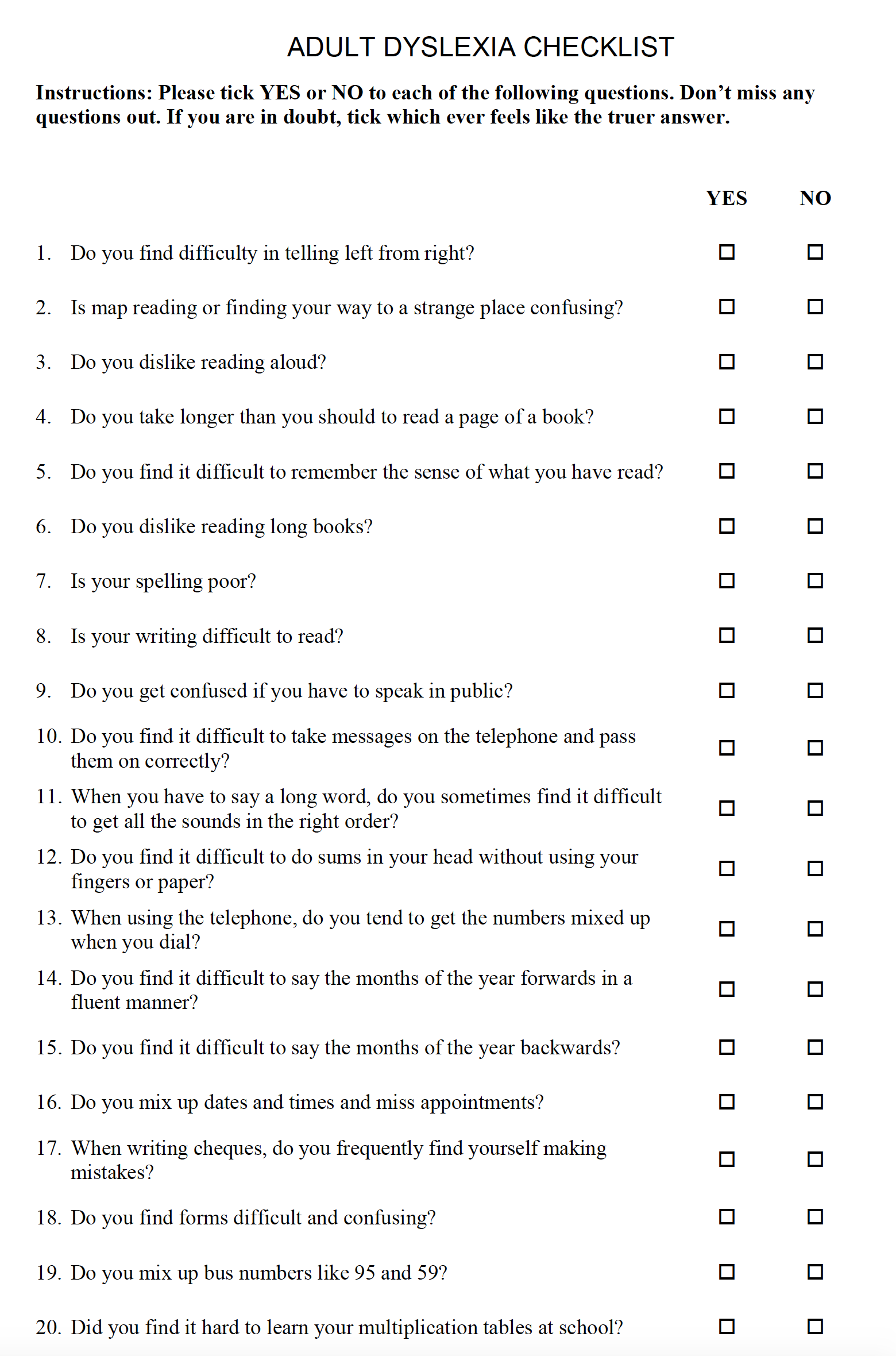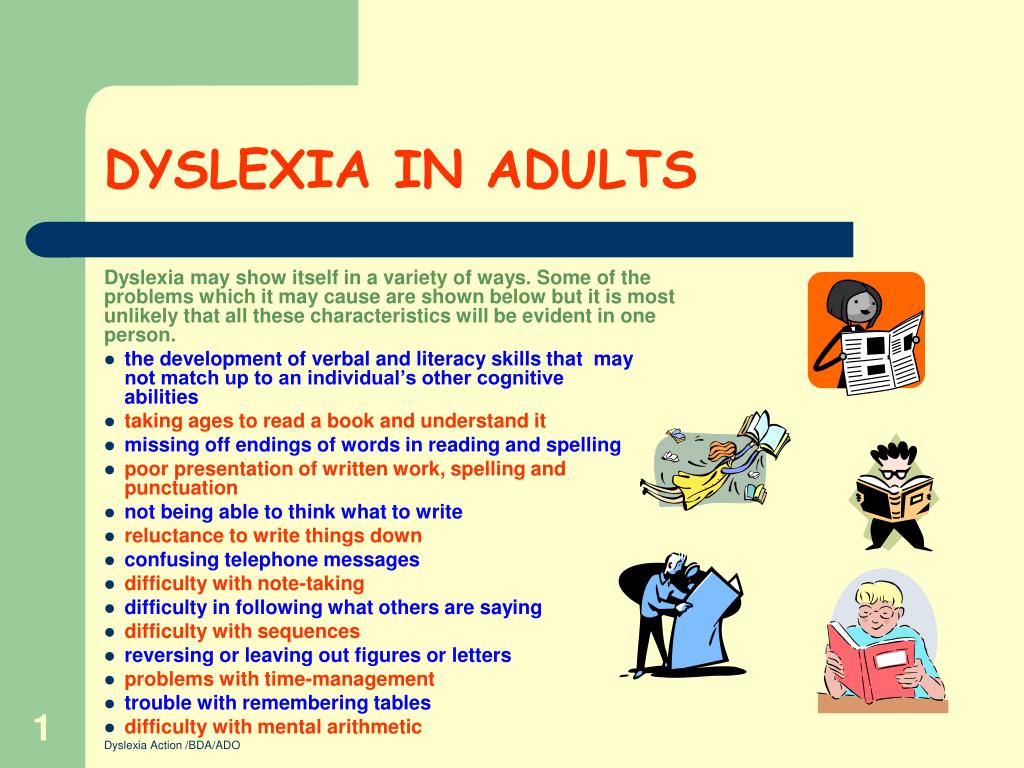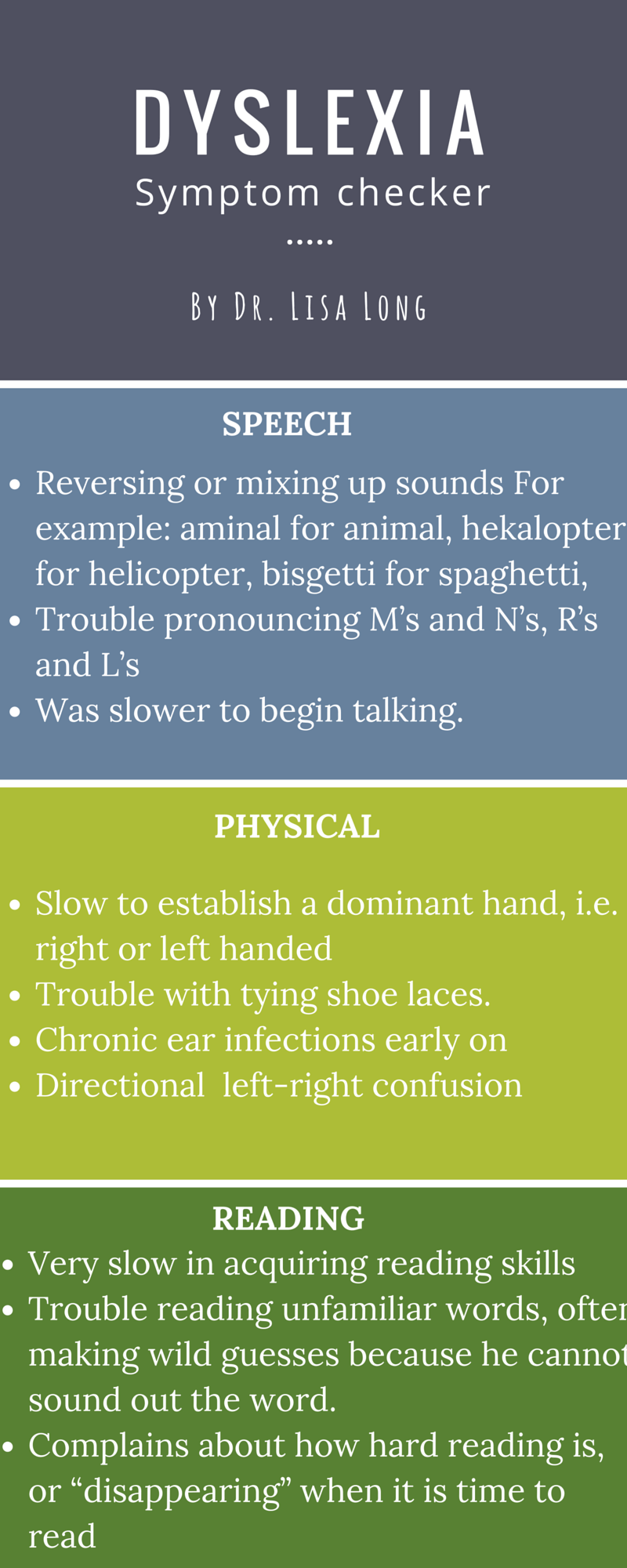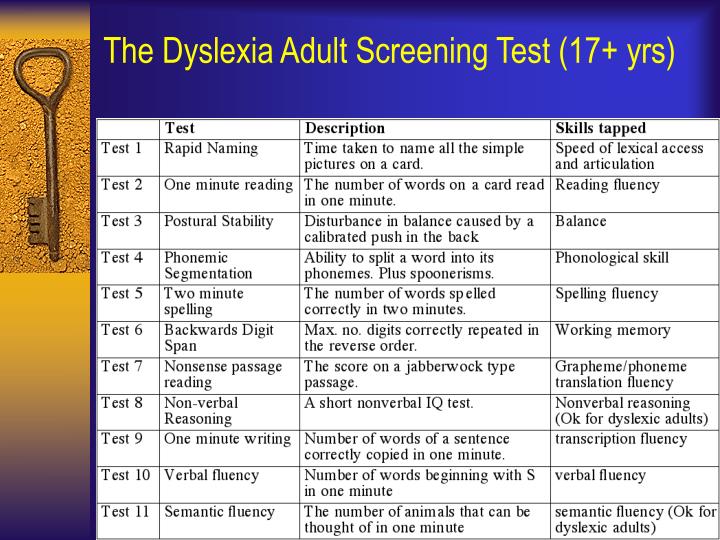Matchless Tips About How To Diagnose Dyslexia In Adults

There are two types of testing that adults who think they are dyslexic may want to consider:
How to diagnose dyslexia in adults. It is estimated that dyslexia. These screening tests and checklists can be a great. Dyslexia can only be formally identified through a diagnostic assessment carried out by a certified assessor.
Screeners may be done by parents, doctors, teachers, librarians, and child care. Diagnosed with dyslexia in adulthood. Signs of dyslexia (adult) confuse visually similar words such as cat and cot.
Find it hard to scan or skim text. Some adults have known about their dyslexia for years, whilst others wonder whether they might be dyslexic, or are coming to terms with a recent diagnosis. Instead, careful evaluation (testing) of.
Phonological awareness is a popular test that serves to diagnose dyslexia. Assessments are not available through the. Diagnosis and tests how is dyslexia diagnosed?
Because dyslexia isn’t a disease, there’s no quick and easy test for it. Some common dyslexia symptoms in teens and adults include: Often many adults go unidentified and unassisted, there may be various reasons for seeking identification of dyslexia and these reasons usually include:.
How do you test for dyslexia in adults? Your doctor can give you a referral for further dyslexia testing by specialists use a variety of reading assessments and instruments, including the lindamood test (for sound. Adults who display reading and writing problems such as letter reversals or word.
Adults with dyslexia may exhibit the following traits or symptoms, according to experts: Although dyslexia is due to differences in the brain, no blood tests or lab screenings can detect it. A family history of learning problems, including dyslexia.
Screening tests are informal tests that are designed to provide indications of possible dyslexia traits or issues. If you think you or someone you know could have undiagnosed. An early history of delayed.



